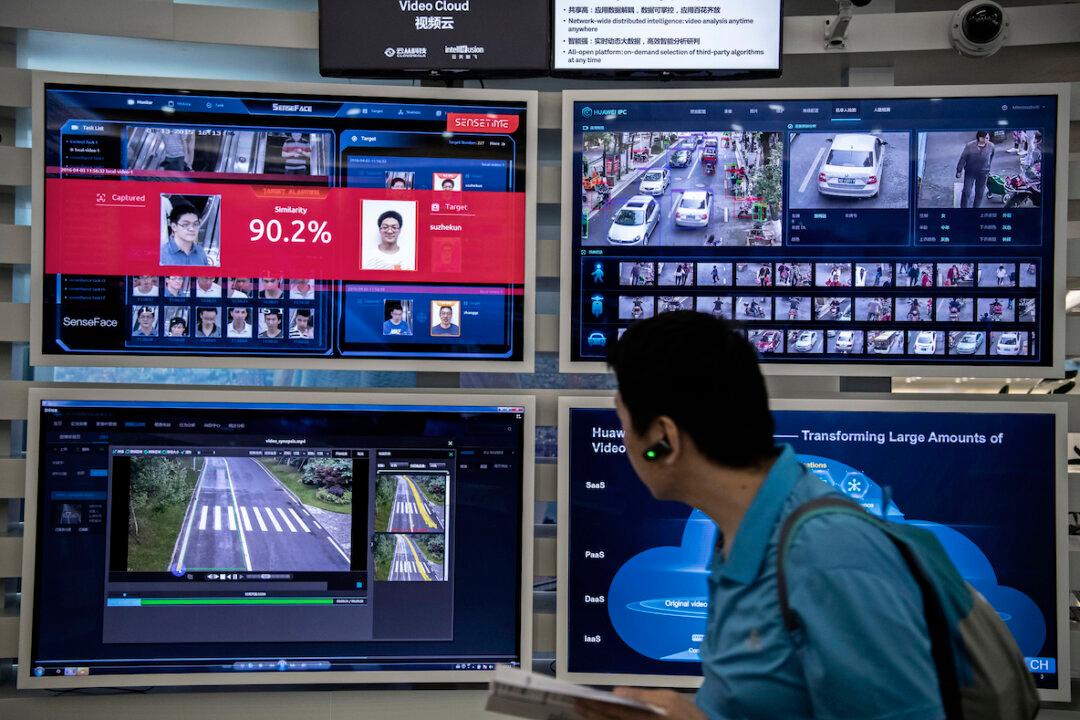Washington and Beijing have quietly engaged in a dialog surrounding the safe development of Artificial Intelligence (AI), but behind the talks remains fierce competition over the technology’s development and how it should be used.
Rep. Mike Gallagher (R-Wis.), chairman of the House Select Committee on the Chinese Communist Party, rang the alarm in May last year in an interview with DailyMail.com that the communist regime had developed AI-related technologies for “dystopian” and “evil uses” spanning genocide and daily surveillance of citizens.




